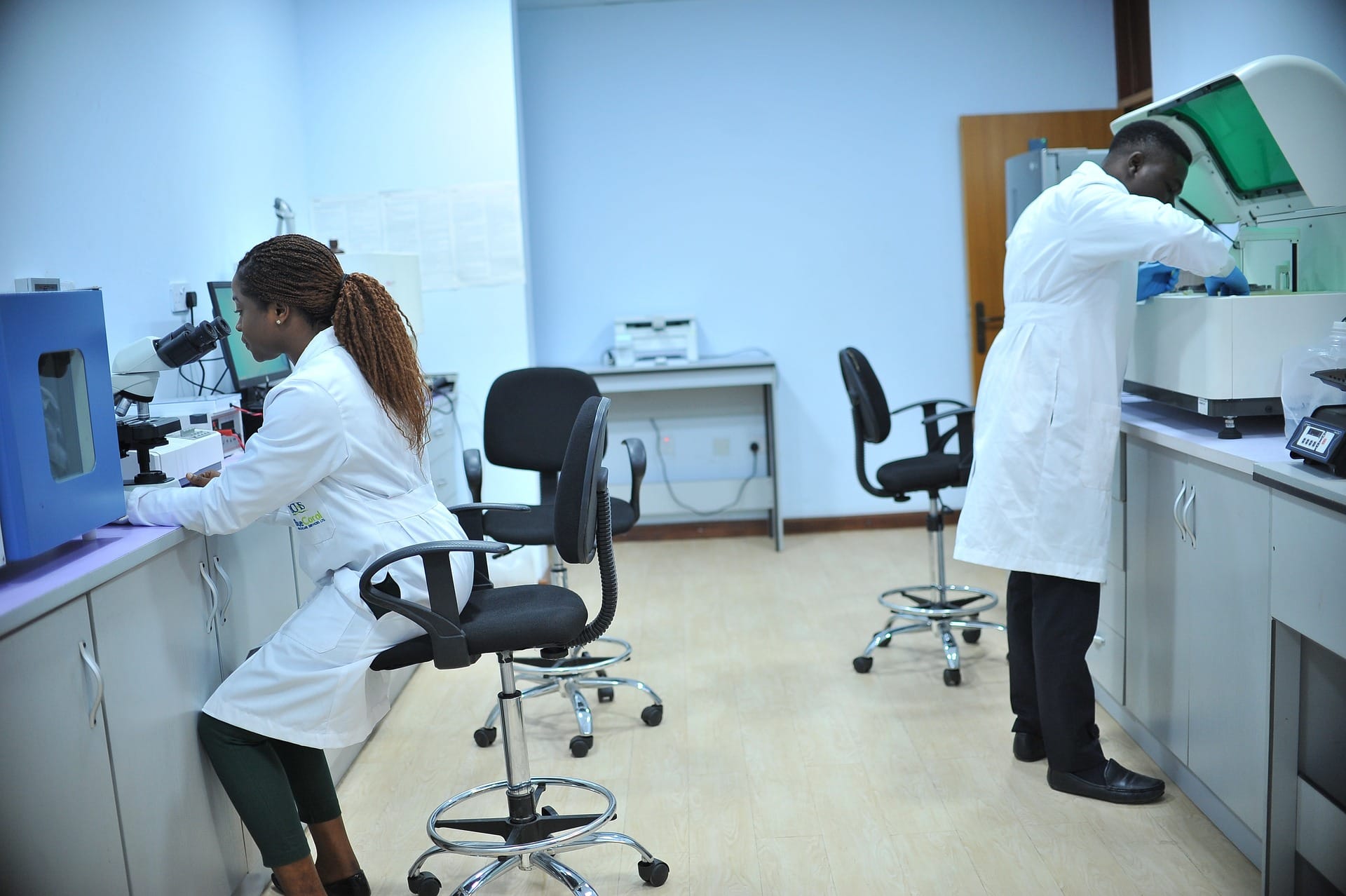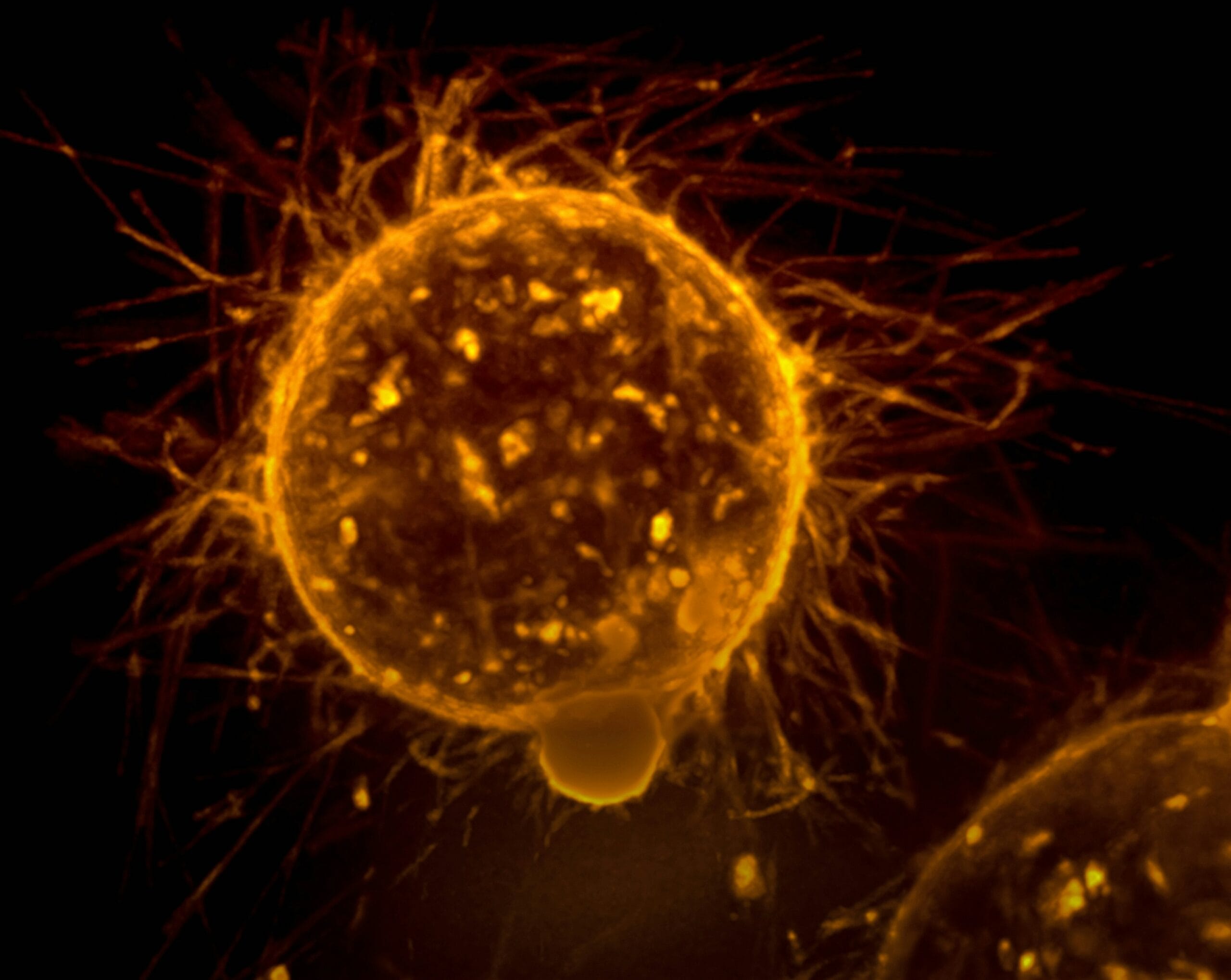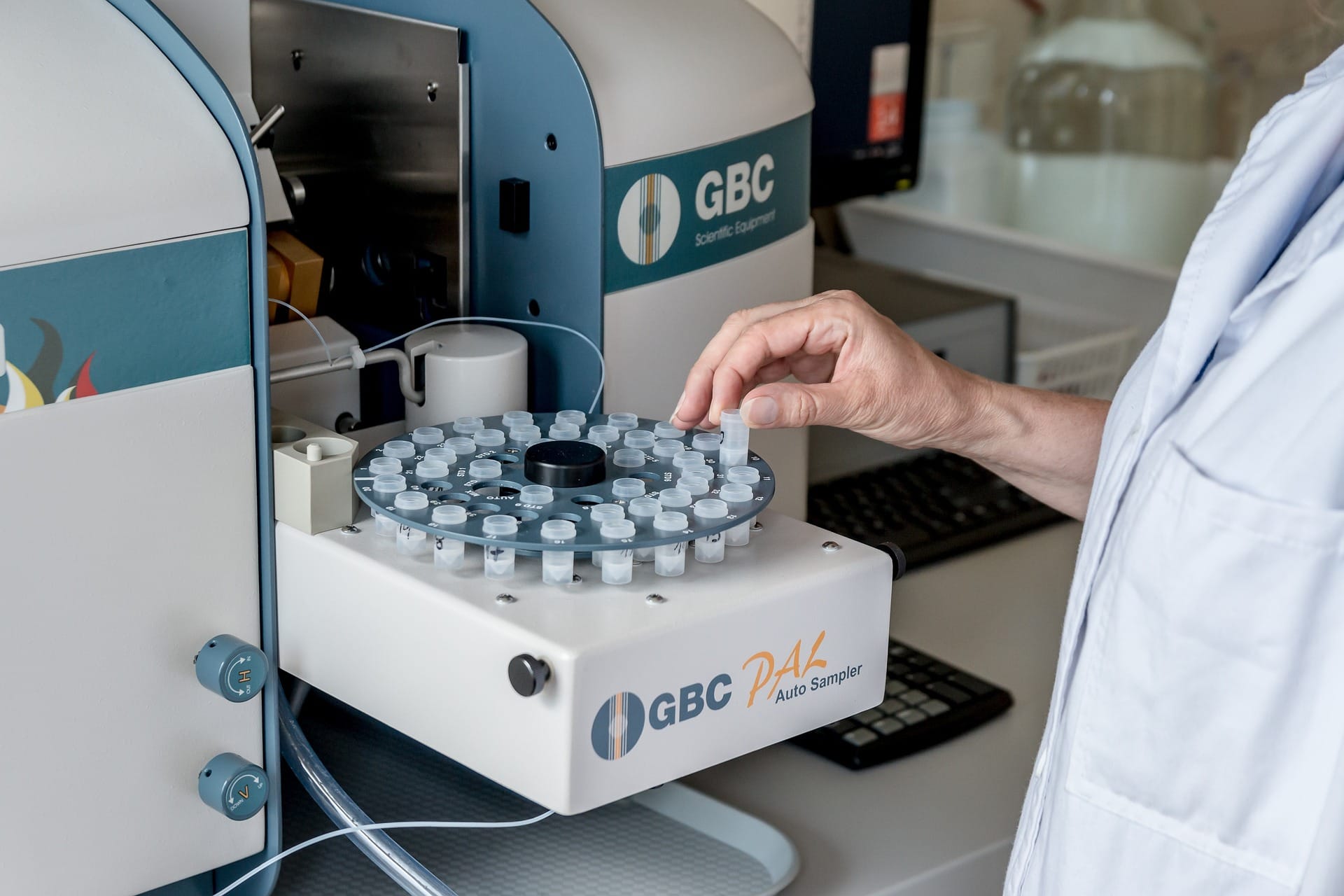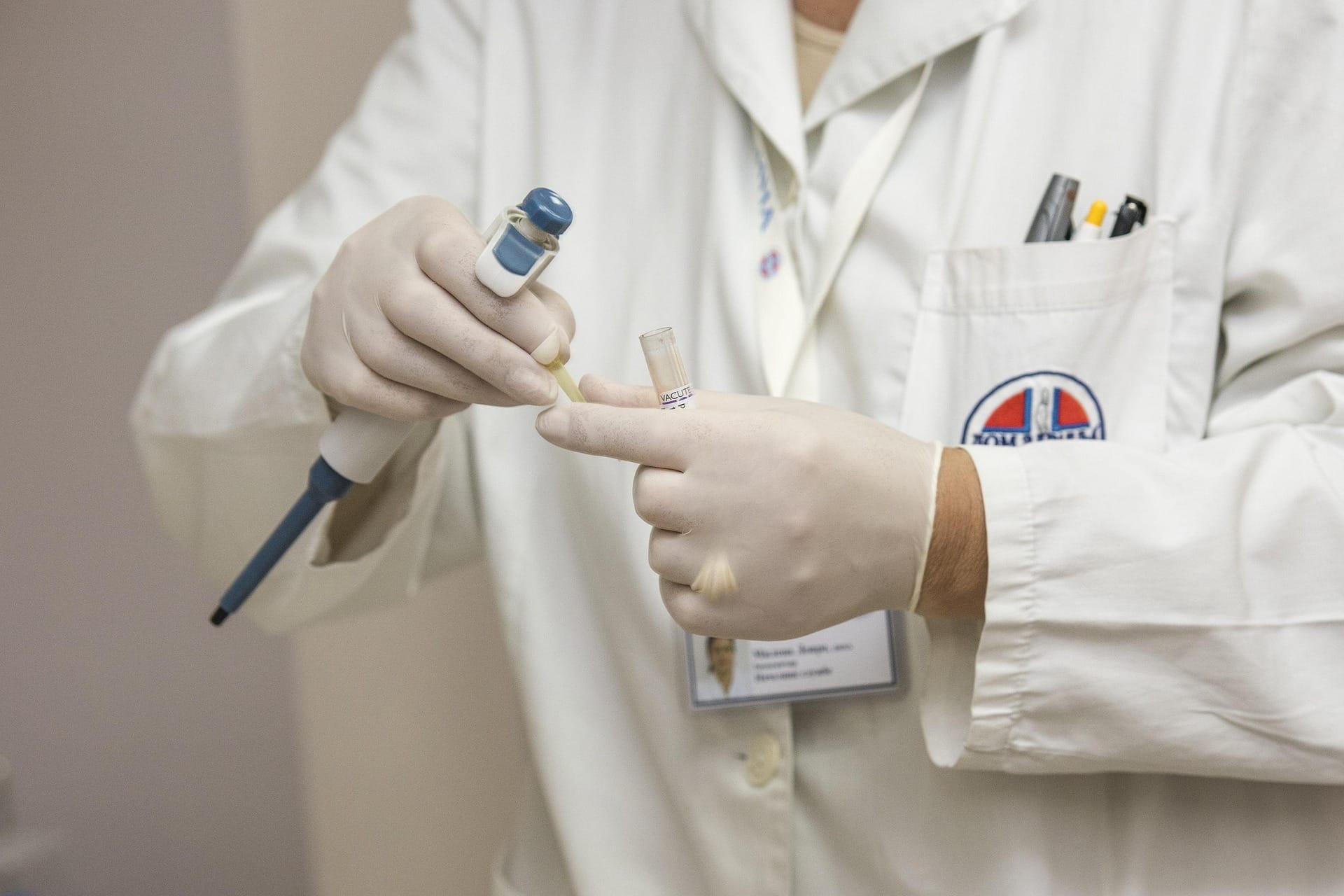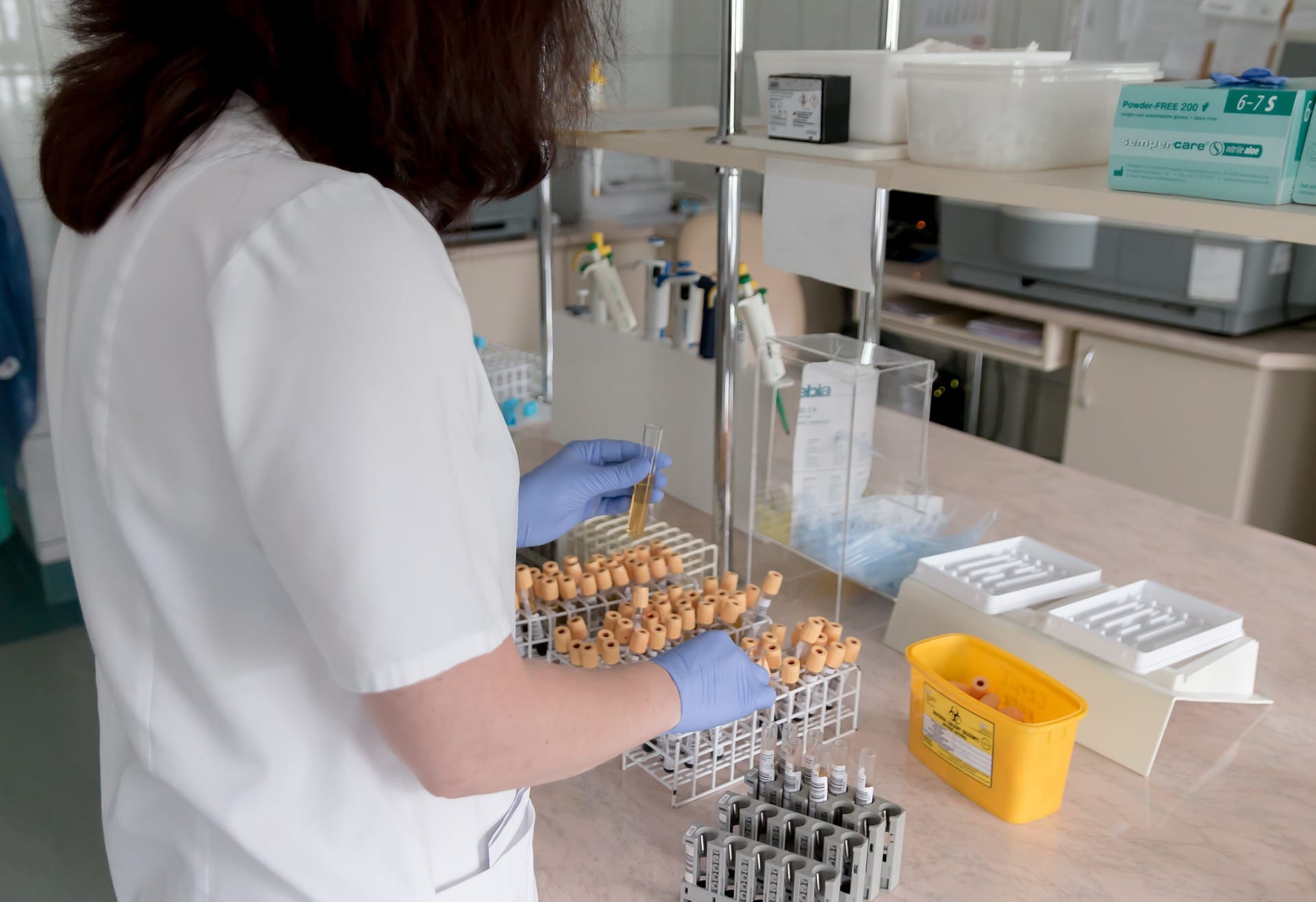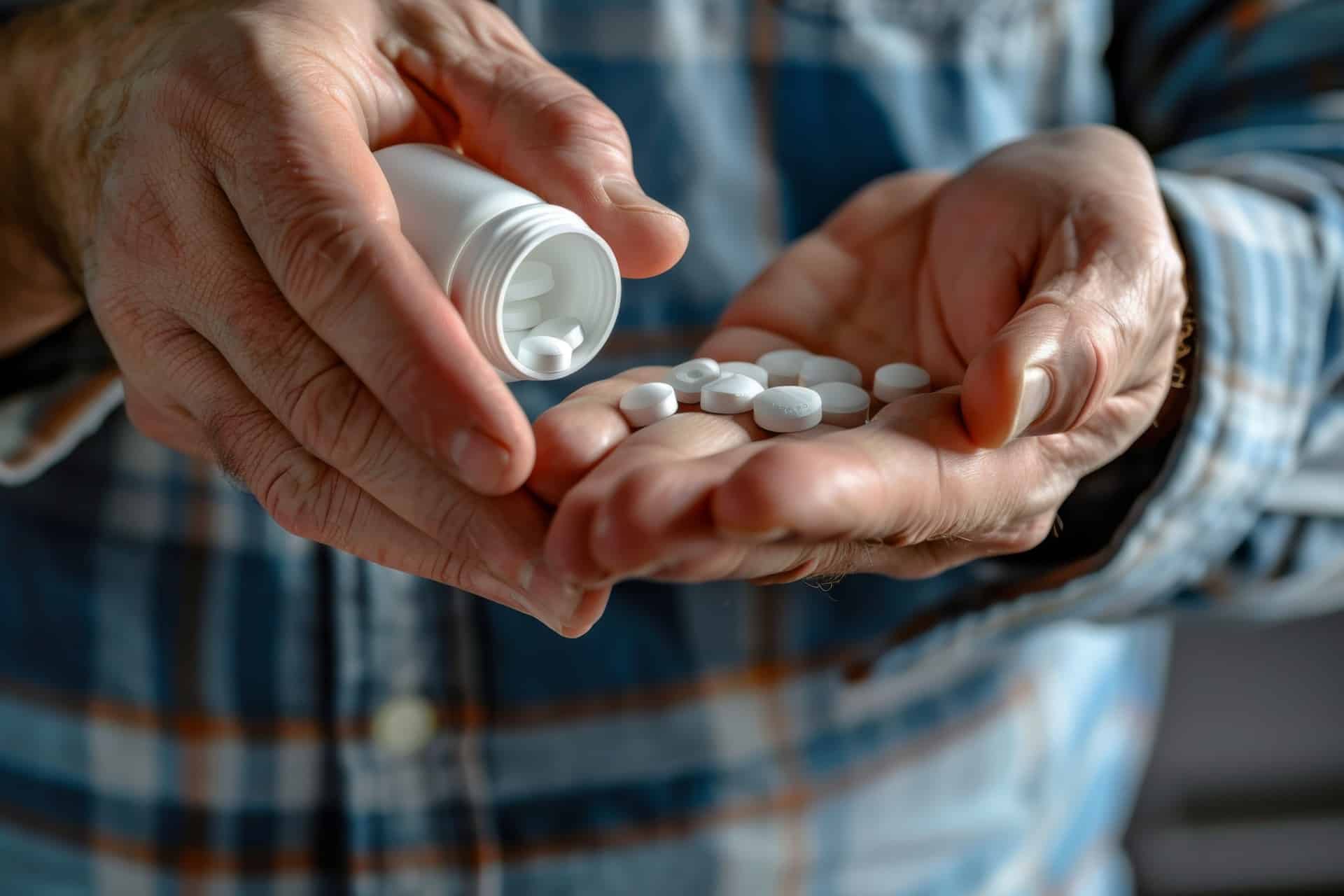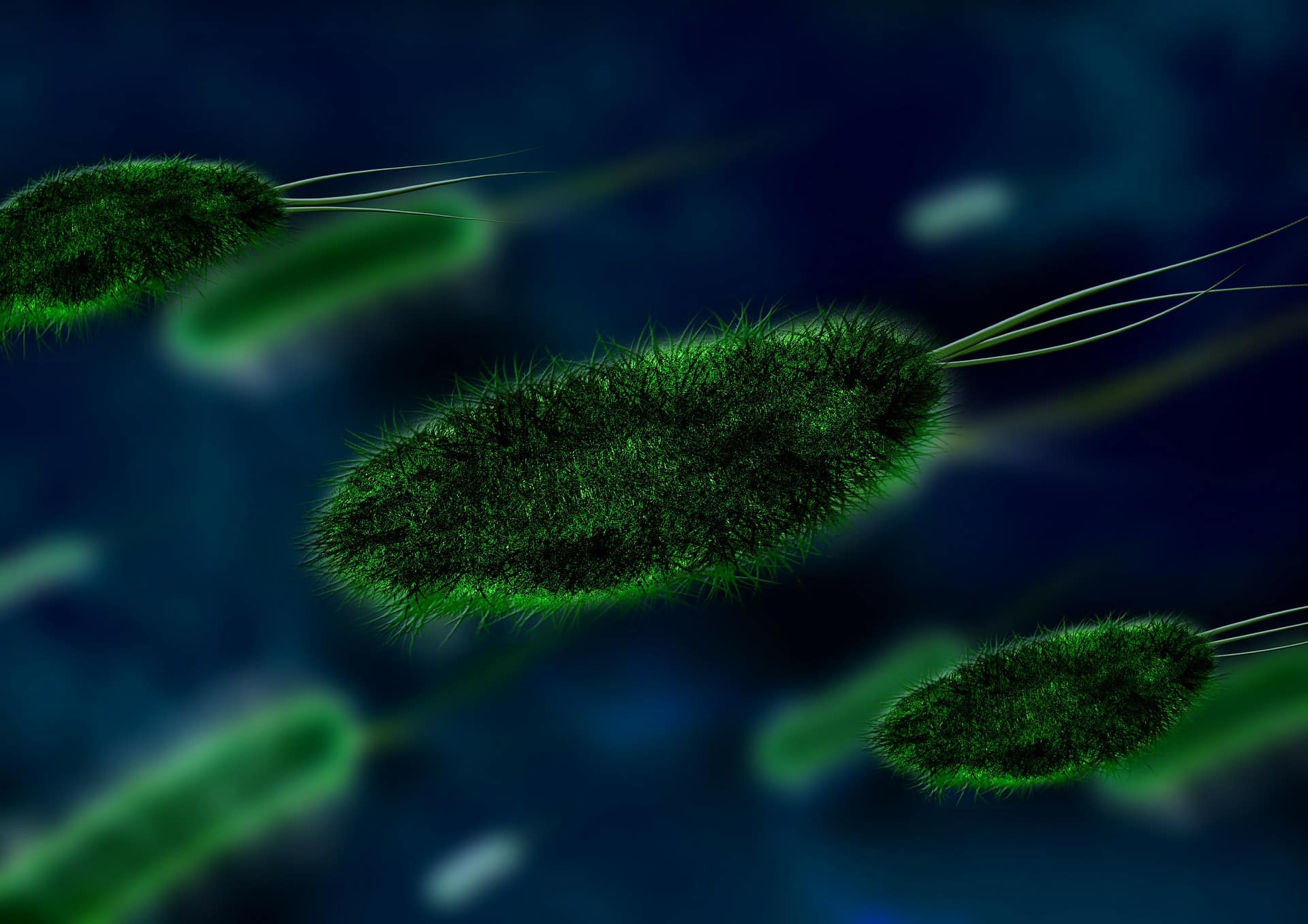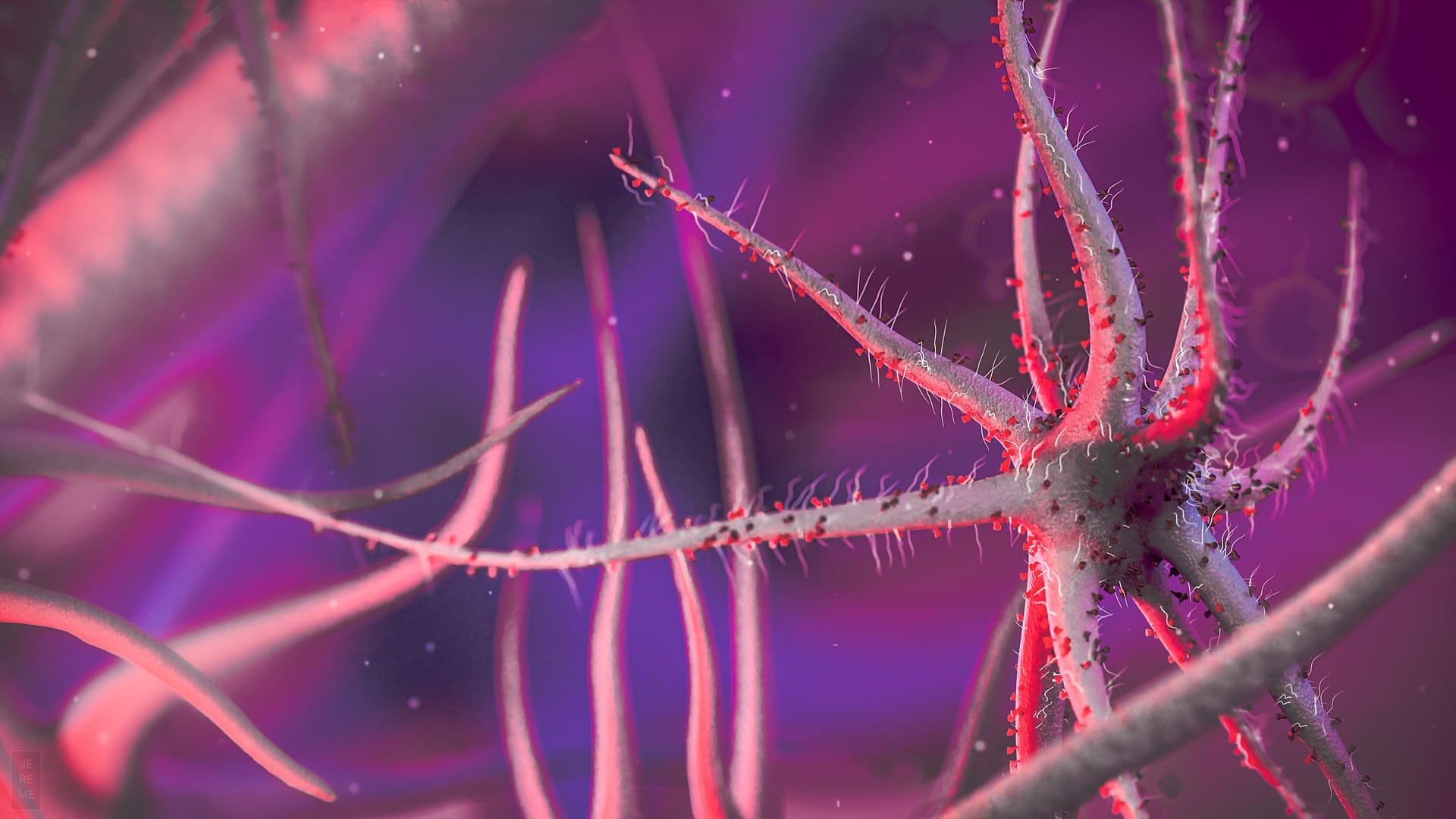
About MedicaPharma
MedicaPharma distributes high-quality active pharmaceutical ingredients (APIs) to hospitals, commercial (compounding) pharmacies, research institutes, and universities worldwide.
What is GS-441524
GS-441524, created by the pharmaceutical business Gilead Sciences, prevents viruses from replicating. Remdesivir was also developed by Gilead developed, almost identical to the first, by altering a single atom to increase the molecule's capacity to enter human cells.
Why Choose MedicaPharma
We are committed to supplying high-quality GMP products with logistics according to GDP regulations.

